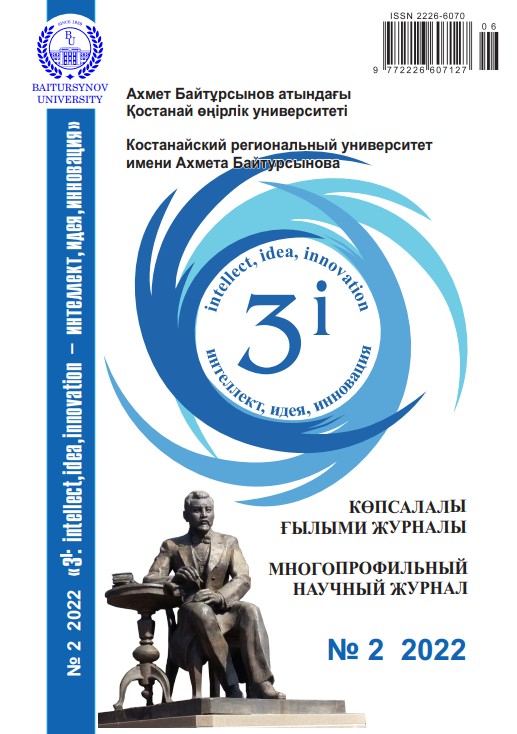APPLICATION OF COMPOST FROM WASTEWATER SEWAGE SLUDGE AS A FERTILIZER TO IMPROVE THE CHEMICAL COMPOSITION AND INCREASE SOIL FERTILITY
DOI:
https://doi.org/10.52269/22266070_2022_2_28Keywords:
sewage sludge, fertilizer, waste recycling, heavy metals, amaranthusAbstract
Due to the presence of a high concentration of phosphorus and nitrogen, sewage sludge is a good fertilizer. Sewage sludge can become an important additional reserve for maintaining a deficit-free balance of humus in the soil. In this article, the effect of various doses of organic fertilizer from sewage sludge on the agrochemical parameters of soil under crimson amaranth was studied. The indicators of nitrogen, mobile phosphorus, mobile potassium and organic matter at various stages of the growing season of crimson amaranth were considered. The applied organic fertilizer during the germination period increased the rate of nitrogen by 6 times, available phosphorus by 3 times relative to the control variant of the experiment without fertilizers. Further, the content of nutrients decreased due to consumption by plants and leaching into the lower soil horizons. Also, analyzes were carried out on the content of heavy metals in the soil, according to the results of which no excess of MPC values for the content of heavy metals in the soil after the use of sludge as an organic fertilizer was revealed. According to the research results, the recommended dose of sludge application was 10 t/ha, where a significant effect on improving the chemical composition of the soil was noted. A further increase in the dose of organic fertilizer application is of no practical importance and creates the danger of accumulation of heavy metals.




